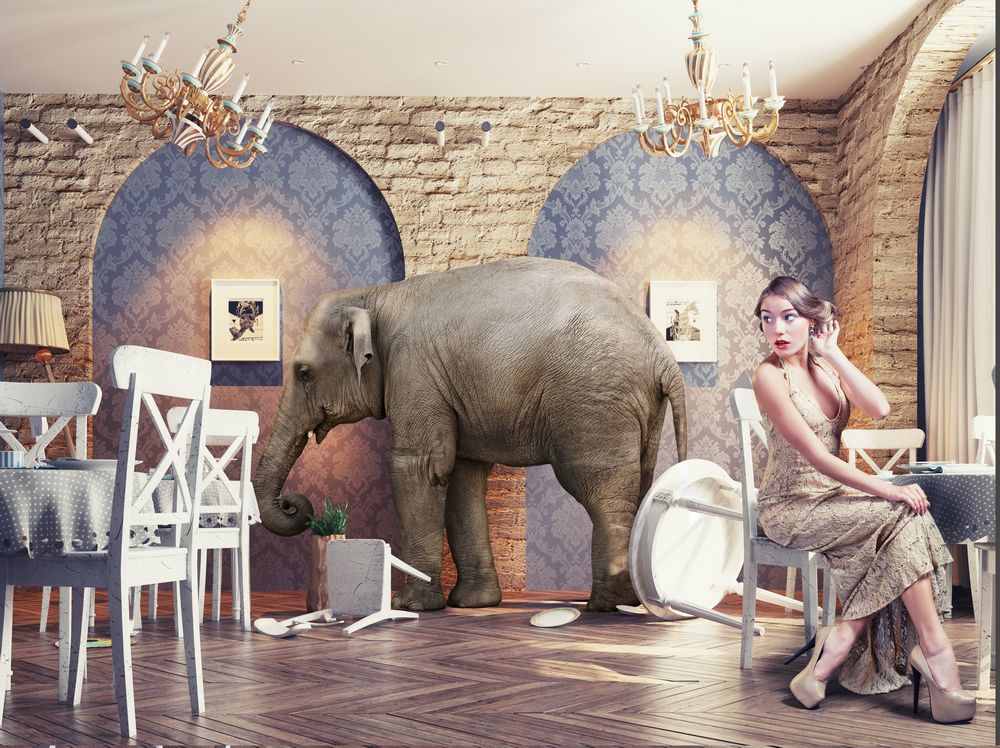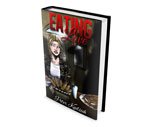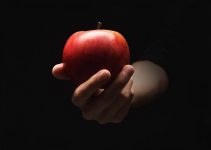
If you’ve been overweight, then lost the weight and looked at pictures or videos of yourself in your prior condition, you feel somewhat stunned. The contrast between your “now” and “before body” is striking and you can’t believe you didn’t SEE yourself the way you do now.
Which is the problem precisely. We’re actually trying hard not to see for a number of reasons.
COMFORT & CHANGE
First, the status quo is comfortable. We’ve gotten used to where we are and accept it as normal, and no big deal. Even though mentally we understand that we are overweight and that we need to change, those thoughts are not infused with emotion or any real felt sense of our experience and so we don’t feel any need to put in effort to change. When we’re comfortable, we don’t want to move.
Then, on the flip side is change, which can be destabilizing. It’s not just a modification in diet, it’s shopping a different way, preparing different foods, letting go of the foods that you look forward to in the day and therefore the pleasure or comfort you are used to getting. It means having to say no to foods at the office like donuts and baked goods people bring in, or to after work drinks and nachos. It’s not just food.
EXPERTS, LOBBYING & GUIDELINES
Over 100 years ago cereal companies marketed hard with the message that breakfast was the most important meal of the day to sell more of their product. Before that breakfast just wasn’t as big a deal and many people skipped it and reaped the benefits of being in a prolonged fasting state. Today that message is still ingrained in us and the idea of skipping breakfast makes us nervous.
In the 1980s the health authorities pushed carbs and grains and very little fat as the best way to good health, including being fit and trim. We ate muffins, breads, pancakes, rice and pasta all day long thinking we were eating responsibly. We accepted the guidelines without question and I have to wonder if we wanted the advice to be true as it’s almost a dream come true for people who like to eat. In any case heart attacks, strokes and obesity rates still went up, no surprise there.
WILL TO POWER
Speaking of what we want to be true, the will to power states that we believe what we want to be true, not necessarily what is true and that a part of our psyche blinds us to the truth so that we don’t have to change, or feel or admit.
For example, nobody wants to have to eat less of the foods they enjoy. It helps get many of them through the day and eases anxiety. It would mean taking a few hours of pleasure away from each day. It would also mean removing one of the coping mechanisms used to deal with unregulated emotion. So yeah, “maybe I’m not that overweight, or that this specific diet doesn’t really work anyway.”
Another example of will to power is if your diet is linked to your identity. You see this on the extremes with vegans and carnivores. People so sure their way of eating is 100% the right ray to go and blind to any other input or value in other diets.
MIRRORS DON’T LIE
If you want to change you have to be willing to look at the truth, no matter how much it hurts. The best way is by using mirrors. Mirrors reflect the truth and include, videos and pictures of yourself, other people’s opinions and new information.
The latter 2 are not always correct but what you do if you are seeking the truth is to be open to discussion and criticism (not just open to criticism but actually wanting it) and then trying your best to filter out what you think is valid and helpful.
– Eating Love
…

THE EATING LOVE GUIDE (FREE)
The Eating Love Guide has helped many people regain control of their eating patterns, resulting not only in weight loss but also better health and improved self-esteem. To read it online, click here.

SUBMIT A POST!
To post your cheat meal, click here. To share your tips, wisdom and/or emotional journey, click here.


